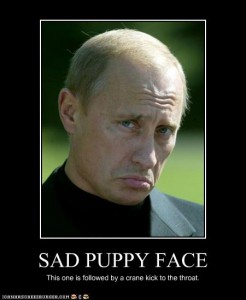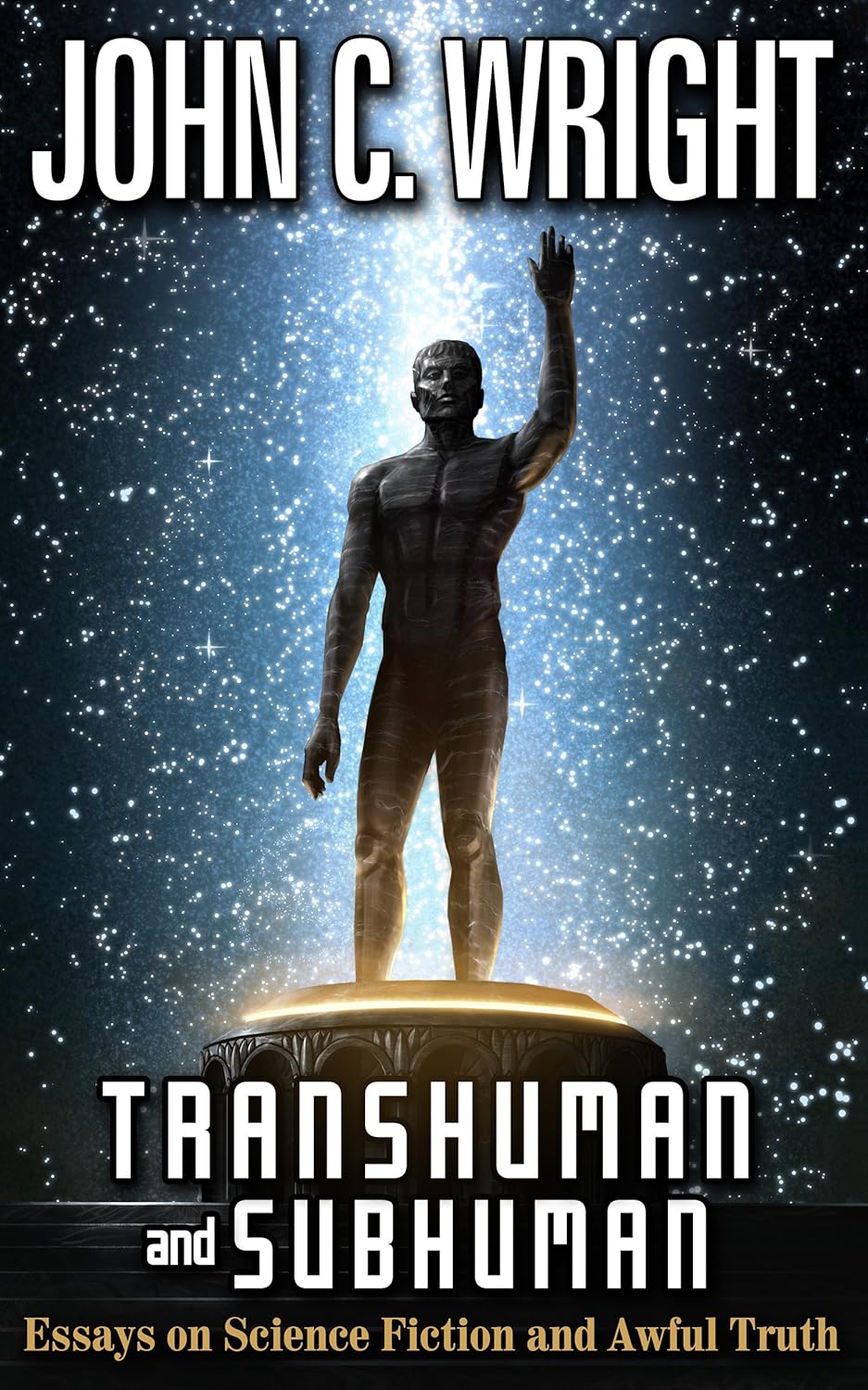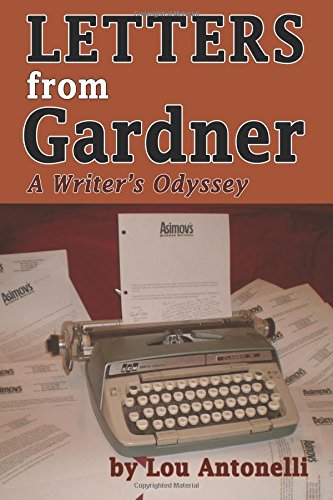First off, I am grateful and proud of the Hugo nomination of my article "Why Science is Never Settled" in the category of Related Work. Do I think it is my "best"? Well, I think my best article was the one published 3 years ago, so certainly not eligible this year. My best last year? Certainly. Related Work? By all means. Science is a process, not a conclusion, pronouncement or law. There are all too many instances of misrepresentation in SF and public media, and they fall on all protions of the political spectrum. Sadly, there is politics in science, but in my opinion, it has no place there.
Do I think my work is the Best Related Work this year? Not necessarily. There are two entries that really talk about the nuts-and-bolts of writing, another explores some common themes in futurist writing regarding the nature of humanity. The fourth Work is a collection of snarky emails, FB posts and tweets. Seems to me that a collection of blog posts and pithy responses to hate mail won in this category a few years back. Still, my Work talks about the Science part of the name: "Science Fiction" I am proud of it, and hope that the Work speaks for itself.
Personally, while I might be inclined to vote for myself (who wouldn't?) I do have sufficient honor that I choose not to do so. If I voted today, my vote would likely go to Letters from Gardner, by Lou Antonelli. It's about writing - the process, learning to edit, how to handle rejection, and ultimately how to get published. It's not a collection of fanfiction, self-congratulatory pats on the back or "challenges to the conventional wisdom" which are neither challenges, conventional nor wisdom.
Now on to the political part of this post - association with the Sad Puppies campaign. I do not apologize for being associated with the group. They are not the people calling names. They are not the ones who silence dissent by mangling and distorting words. They are not the ones who publish legally actionable falsehoods and then weasel into a correction and retraction that is neither. They are not the ones who would rather trade on feelings in contravention of facts. They are the not the ones who don't even bother to look up the facts. They are not the ones who can't bother to see that the SP recommendations include females, non-whites, non-privileged, liberals, libertarians, moderates - and yes, conservative white males. Frankly, there is not a single one of them who had so much privilege as to spend their college years traveling Europe couch surfing and living off of rich friends.
The thing is - I always thought it was the work which was nominated. The author produced it, but the vote was supposed to be based on the quality of the book, story, article, 'zine, movie and/or TV show. Thus, I don't claim, that I was nominated, but that my ARTICLE was nominated. If all that you-the-voter are basing your decision on is me, then by all means, don't vote for me or my article, because that very bias indicates that you have no idea what I've written.
 ---
---At this point, I was going to say that I have friends on both sides of the divide - SP or otherwise. Unfortunately, that is not true. I do have friends with multiple positions regarding politics, sexuality, firearms, education priorities, favorite Pratchett character (Vimes, of course) - and whether Putin memes are funny. I do have friends among the Sad Puppies nominees. I do not have friends among the shrill harpies.
Case Closed.
See, I am a professional. I have been in the field of science in one job or another for 35 years. I have been a fully-credentialed (PhD) scientist for 28 years. I have lived in ghetto housing and worked 22 hour days to complete experiments, grant proposals, manuscripts and presentation slides. I used to take bread, peanut butter and jelly with me to scientific meetings to save on meal costs. Yet, during all of that time, there is not a single year which I have not published in my field, performed experiments, written grant proposals and directed others in the pursuit of science. There is not a single year that I have not put forth 100% effort into science. - Well, actually, that's not quite true. In 1999 I nearly died of a raging infection that went septic. That was July, and I spent the remainder of the year in a hospital bed. On the other hand, during that >6 month recovery, I still managed to submit two grant proposals (one of my own, own with a colleague) and both got funded. We also submitted two papers - both published - with one of those in Nature. [So, maybe 90% dedication that year, with the remainder devoted to staying alive.]
I stand here with a nominated work. I wrote it professionally. Yes, I use a pen-name. That way my peer-reviewed experimental and academic work can always be distinguished from my work in the SF/F field. You can look me up, Google will likely provide both names, but I'm not going to do your homework for you.
Because...
Judge my Related Work on it on its merits, not on me. If you like the Work, fine. If you don't like it, also fine. But don't pre-judge me without reading the Work - and don't ever assume you know all there is to know about me.
Let me close with an example that I think epitomizes this current culture war regarding the Hugos. This year, Best Fanzine includes The Revenge of Hump Day, edited by Tim ("Uncle Timmy") Bolgeo. You may know the name from the Archon controversy where the convention rescinded his invitation to be Fan Guest of Honor. It was due to a malicious campaign started by an individual who called him racist because of a tacky, tasteless joke in The Revenge. The person who started the campaign actually tried to cause a disturbance at Archon and had to be removed by Con Security. So essentially, the person claiming that someone else would cause a problem - was the problem.
There's too much false accusation, lies and rabble-rousing in this campaign. It needs to end, and this year's vote on these nominations is a battlefront. The people screaming loudest, most shrill-y, most vehemently --- are the problem.
Where do you stand?
Stand my ground, I won't give in / No more denying, I've got to face it / Won't close my eyes and hide the truth inside / If I don't make it, someone else will / Stand my ground.
-- "Stand My Ground" - Within Temptation.





